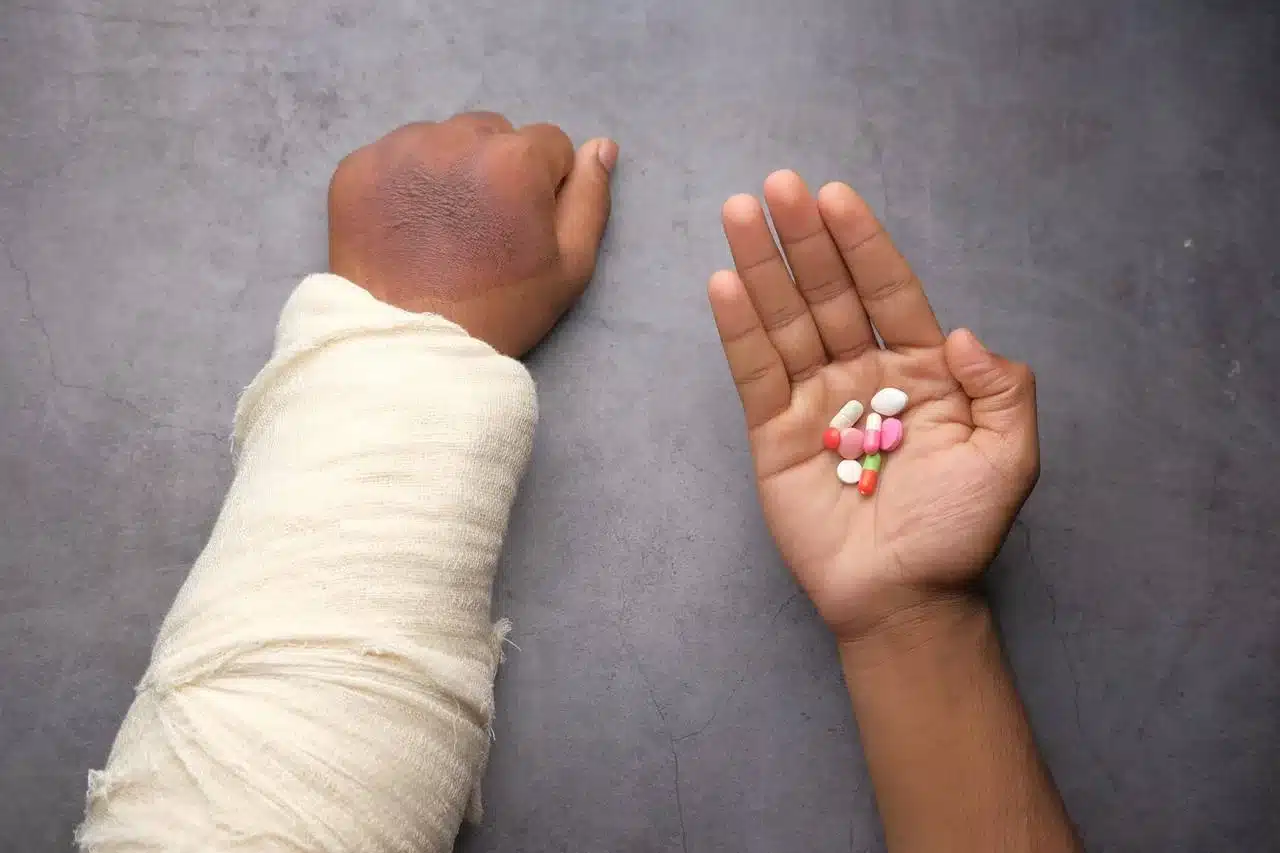Legal Options for Victims of Assault and Battery in St. Petersburg

If you’ve been a victim of assault or battery in St. Petersburg, it’s important to understand the legal options available to you. Assault and battery are serious offenses that can have significant physical, emotional, and financial impacts. In Florida, victims of these crimes have various avenues for seeking justice and compensation. Here’s an overview of the legal remedies and steps you can take if you’ve been affected by assault or battery.
Understanding Assault and Battery
- Assault: In Florida, assault is defined as an intentional act that causes another person to fear imminent violence. It does not require physical contact but involves creating a reasonable fear of harm.
- Battery: Battery involves actual physical contact that is harmful or offensive. Unlike assault, battery requires that physical contact occur, whether or not it causes injury.
Criminal vs. Civil Remedies
- Criminal Prosecution: The state of Florida can prosecute the perpetrator of assault or battery. This process is led by a prosecutor, and the goal is to punish the offender through criminal penalties, such as fines, probation, or imprisonment.
- Civil Lawsuits: In addition to criminal charges, victims can file a civil lawsuit against the perpetrator seeking monetary damages. This process is separate from criminal prosecution and focuses on compensating the victim for their injuries and losses.
Steps to Take After an Assault or Battery
- Seek Medical Attention: First and foremost, get medical help to address any injuries sustained. Medical documentation is crucial for both criminal and civil cases as it provides evidence of your injuries.
- Report the Incident: Contact local law enforcement to report the assault or battery. A police report is an essential piece of evidence for both criminal and civil cases.
- Gather Evidence: Collect any evidence related to the incident, including photographs of injuries, medical records, witness statements, and any communication related to the incident.
- Consult an Attorney: An experienced personal injury attorney can help you understand your legal options, including pursuing a civil lawsuit. They can also assist with navigating the criminal justice system if needed.
Filing a Civil Lawsuit
Types of Compensation: In a civil lawsuit, you may be entitled to various types of compensation, including:
- Medical Expenses: Compensation for medical bills related to the injuries sustained.
- Lost Wages: Reimbursement for income lost due to the inability to work.
- Pain and Suffering: Compensation for physical pain, emotional distress, and diminished quality of life.
- Punitive Damages: In cases where the defendant’s actions were particularly egregious, additional damages may be awarded to punish the offender and deter similar conduct.
Filing Process: Your attorney will file a complaint in the appropriate court, outlining the allegations and the relief sought. The defendant will then have an opportunity to respond to the claims.
Negotiation and Settlement: Many civil cases are resolved through settlements rather than going to trial. Your attorney will negotiate on your behalf to reach a fair settlement with the defendant or their insurance company.
Legal Considerations
- Statute of Limitations: In Florida, there is a time limit within which you must file a lawsuit for assault and battery claims. Generally, you have up to four years from the date of the incident to file a civil suit. However, it’s advisable to consult with an attorney as soon as possible to ensure you meet all deadlines.
- Evidence and Burden of Proof: In a civil case, the burden of proof is lower than in a criminal case. You must prove your case by a preponderance of the evidence, meaning it is more likely than not that the defendant is liable for your injuries.
Working with Law Enforcement and Attorneys
- Law Enforcement Role: While law enforcement handles the criminal aspect of the case, your attorney will focus on the civil side. Coordination between your attorney and the police can be beneficial, as evidence gathered in the criminal case can support your civil claims.
- Choosing an Attorney: Select an attorney with experience in handling assault and battery cases. They can provide guidance on the best course of action, represent you in court, and work to secure the compensation you deserve.
Conclusion
Victims of assault and battery in St. Petersburg have several legal options for seeking justice and compensation. Understanding the difference between criminal and civil remedies, taking appropriate steps following the incident, and working with a skilled attorney can help you navigate the legal process effectively. Whether pursuing criminal charges or filing a civil lawsuit, taking timely action and gathering evidence are key to achieving a favorable outcome and addressing the impacts of the assault or battery on your life.
